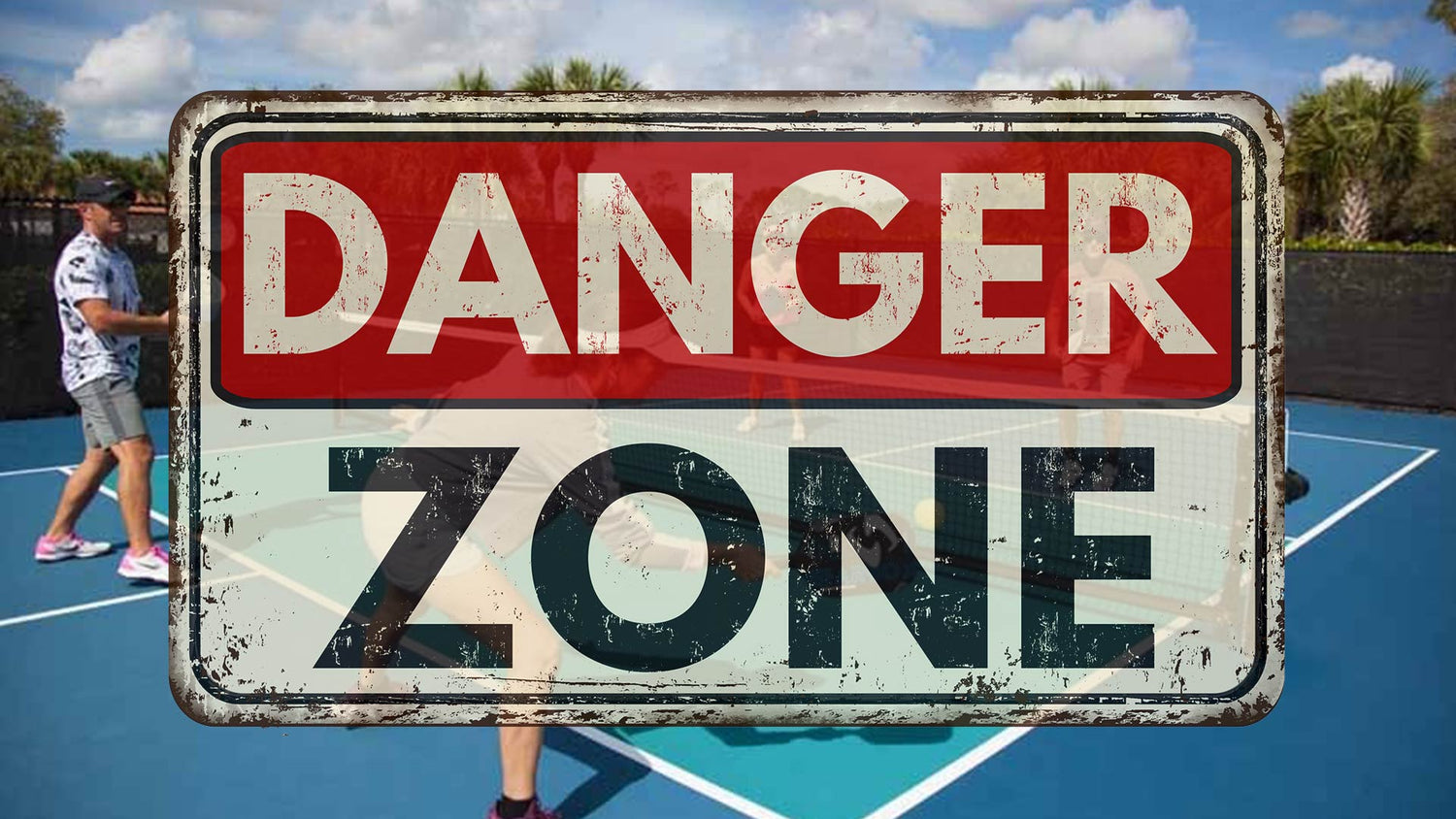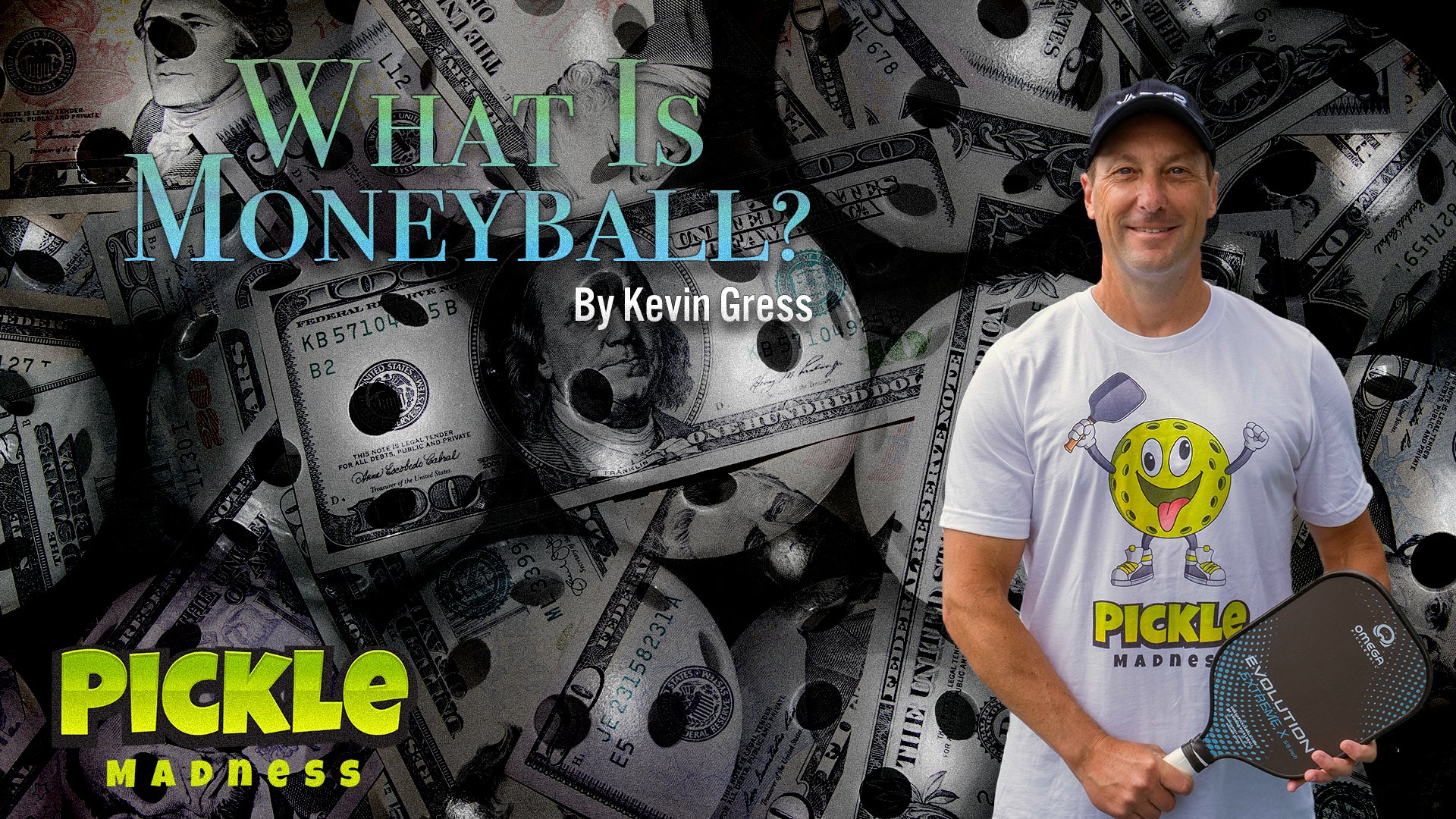Maybe you’ve seen it: A member of your pickleball group who keeps coming out to the courts even though playing continues to worsen a particular injury. Maybe you’ve experienced it: You feel more and more foot pain each time you play, yet you just can’t make yourself stay away from the game to take the necessary time to let your injury heal.
There’s a lot to like about pickleball. The social camaraderie, the joy of a perfectly placed winner, the pure fun of it all – this mix combines to yield a powerful lure. “It’s an easy game to fall in love with,” said Dr. Lorie Ritschel, an avid player and clinical psychologist and co-owner of Triangle Area Psychology Clinic in Durham, N.C. And that love makes it a hard game to give up, even when one has injuries that are aggravated by ongoing play, even when we know better that we should take a few days or weeks or even months off to let our bodies heal.
What’s behind this dynamic? “It comes down to simple behaviorism: do the reinforcers outweigh the punishers,” Ritschel said. The reinforcers are the positives – the fun, the social camaraderie, etc. – while the punishers are the injuries (or getting your butt kicked). “People put up with the punishers if the reinforcers are strong enough, and pickleball has a lot of reinforcers.”
Social camaraderie is a particularly powerful reinforcer, Ritschel noted. “Loneliness can be an important driver behind this kind of behavior,” she said. “For some, it’s worth it to take the risk of furthering an injury because they don’t want to miss out on their social community.”
So how can one mentally deal with injuries and avoid pushing an injury to the point that surgery is needed or permanent disability results? Ritschel suggests the following:
- Understand what you’re dealing with. Ritschel herself has chronic low back and hip pain. A few years ago, she saw a physician who laid out her options, giving her a roadmap of when she should start deploying various strategies should her ailments worsen, and explaining what will happen to her physically depending upon what decisions she makes. “I can see the long game of injury and pain more clearly, so I have a better sense of the risk I’m taking,” she said.
- Track what is happening with your body. “Keep good notes, especially if you have a non-specific injury like elbow pain or back pain,” including soft tissue injuries or arthritis. “Write things down like, it was this level of pain for how long following this amount of time of play. Make notes, even once a week or once a month so you can see what are the things that make it worse and what makes it better.” The notes will be helpful if you wind up at a physician and the doctor asks how your injury has evolved over the past year. “It’s hard to think back with specificity as to how your chronic pain has changed over the last 12 months,” Ritschel said, but the notes can provide that answer.
- Ask friends for their help. “If you know you’re prone to push yourself when you’re injured, tell your friends,” Ritschel said, and ask them to help you help yourself. “It’s social accountability. If you know you’ll go back on your doctor’s orders, that you are not accountable enough to yourself, pull in reinforcements. We’re more likely to follow through on doing something we commit to publicly.”
- Be an active spectator. Depending on your personality type, you might benefit from getting out to the courts when your group is playing and interacting with them. After all, part of the pickleball experience is sitting on the sideline chatting with others while waiting for a court to open. “You can get a lot out of the social aspect by just sitting and watching,” Ritschel said. “For some people, staying connected with those groups while rehabbing is also a way of saying, ‘I’m still here’, to keep that connection.’”
- Get some coaching. “A professional coach or physical therapist might be able to tell you things that could reduce your ailment,” Ritschel said. “It could be there are mechanics that need adjusting.”
Dr. Lorie Ritschel is a clinical psychologist and a founding member and co-owner of Triangle Area Psychology in Durham, NC. Dr. Ritschel treats adults and adolescents with mood and anxiety disorders, suicidal thoughts and self-injury, personality disorders, trauma, and behavioral dysregulation (e.g., binge eating, impulsivity, oppositional defiant disorders). She is also an associate professor in the Department of Psychiatry at the University of North Carolina School of Medicine.







Leave a comment
This site is protected by hCaptcha and the hCaptcha Privacy Policy and Terms of Service apply.